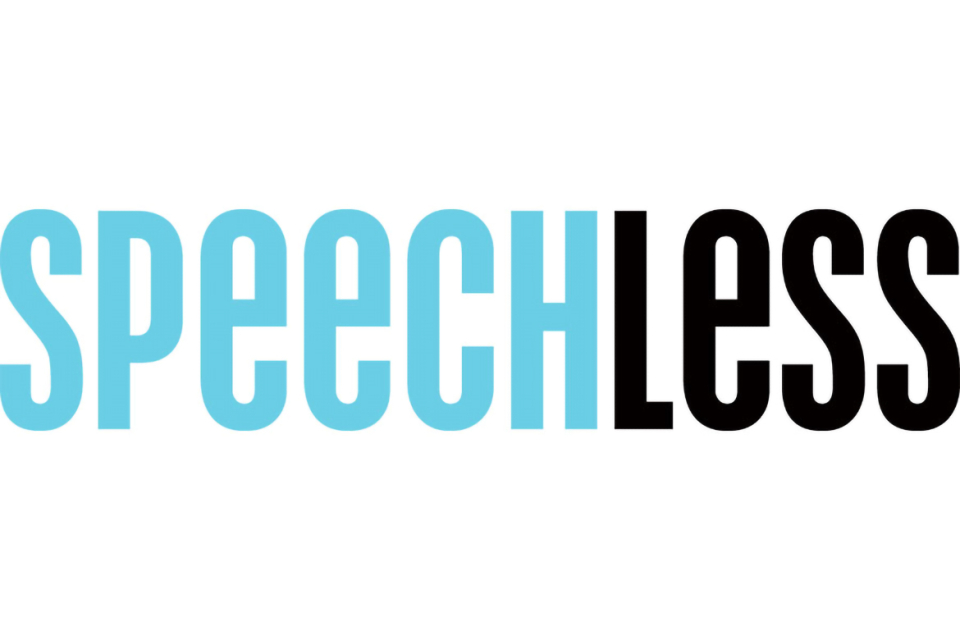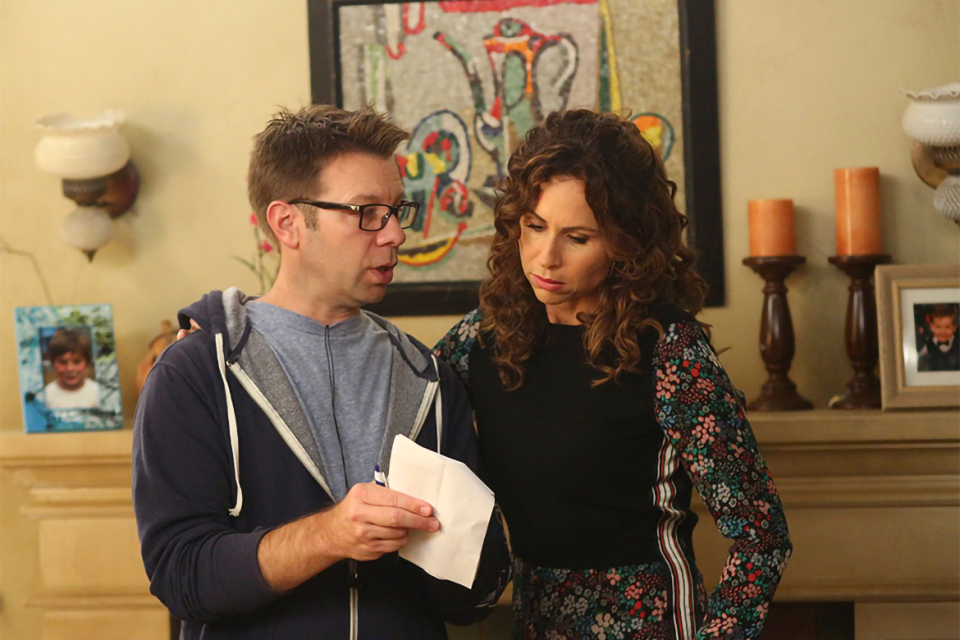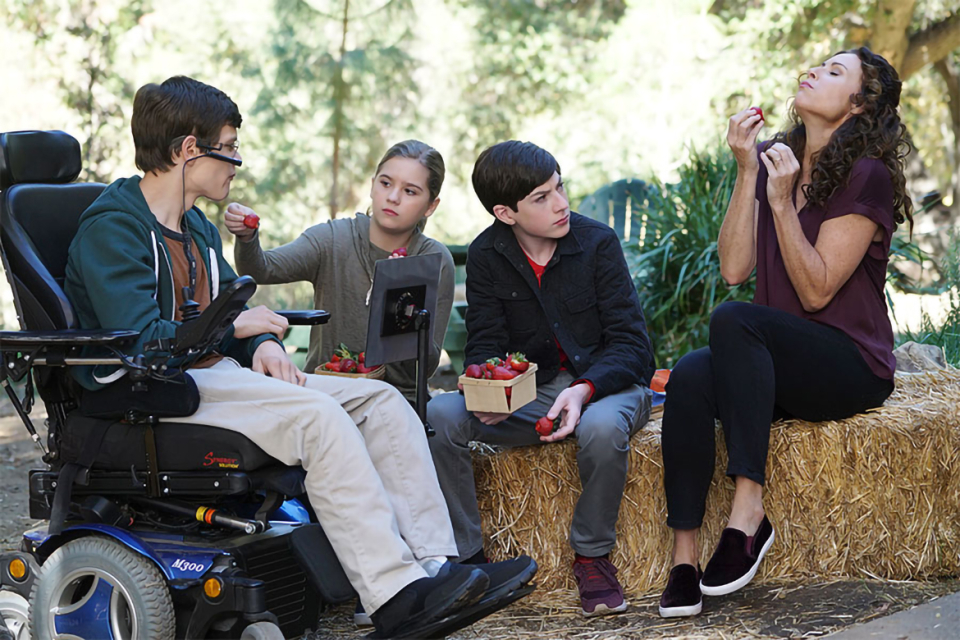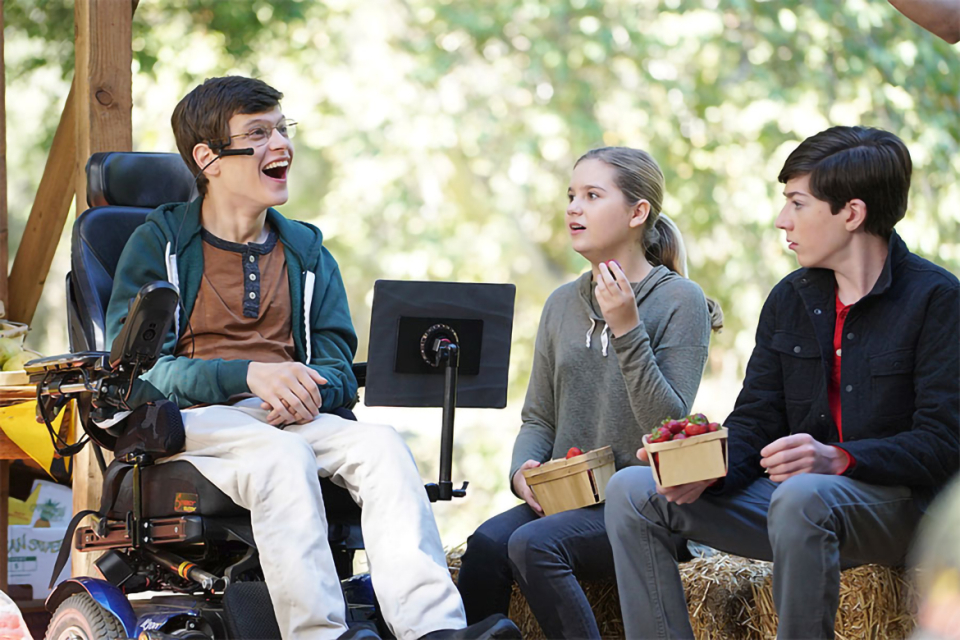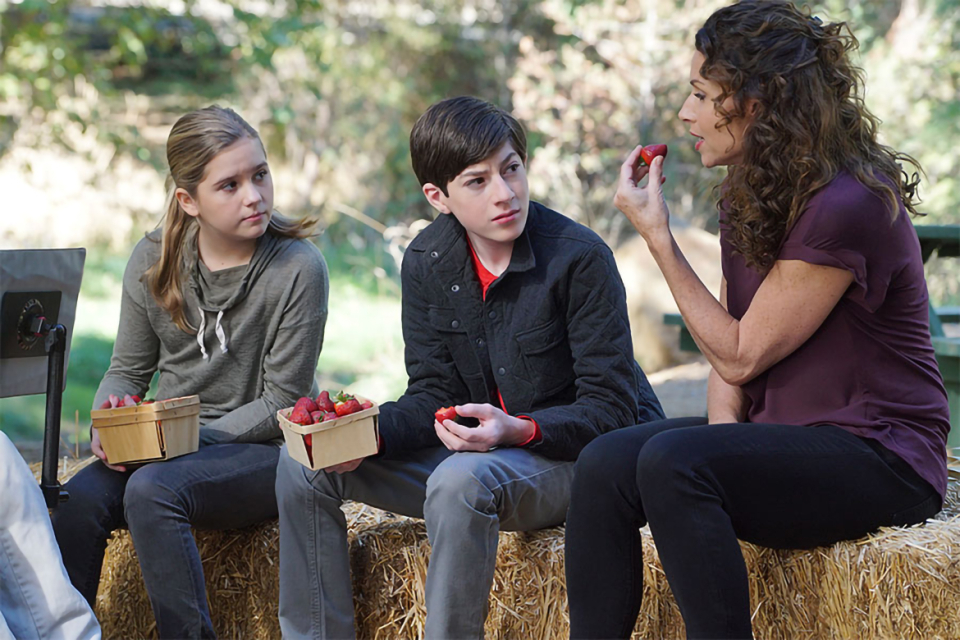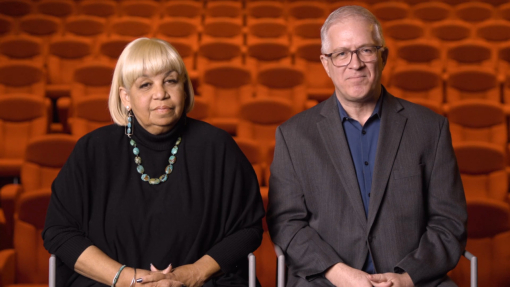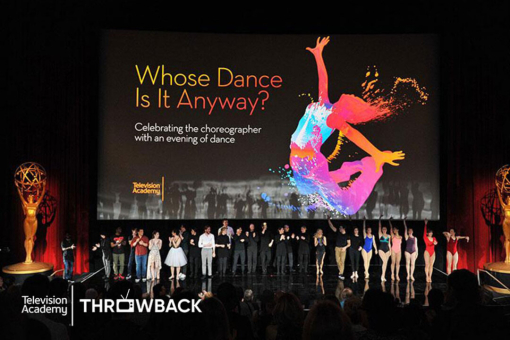Speechless has become one of the most significant shows in television’s history.
It is the first major network program to not only present a non-speaking disabled character as a protagonist, but to also cast disabled actor to play the role who actually has the same disability.
JJ DiMeo (Micah Fowler), is a 16-year-old boy with cerebral palsy. He can’t speak or walk, and yet he is masterfully expressive with his laser pointer, communication board, facial expressions, and groundskeeper-turned-aide Kenneth’s (Cedric Yarborough,) ability to channel JJ’s wit.
The rest of the family is equally riveting. Maya DiMeo, JJ’s mother (Minnie Driver), is the driving force in the family. She is fiercely and tactlessly unafraid to demand that the world to be more inclusive for her son and fights all injustices, both real and imagined.
Dad Jimmy (John Ross Bowie) is the perfect sidekick to his wife and encourager to JJ’s two siblings: Ray (Mason Cook), the awkward, but loveable middle child and frequent moral compass of the family, and Dylan (Kyla Kenedy) the super-competitive, hard-knocks young sister.
Speechless navigates all of this with smart humor and snarky sarcasm.
It’s difficult to make light of a disability, but the storytelling has viewers guiltlessly laughing at situations that wouldn’t normally be funny, and it works.
In the first five minutes of the show’s pilot, two teenage boys are staring at JJ as he and his wheel chair are being lowered from the family van to the street. JJ gives them the “hand” and mom, Maya, helps deliver the message: “He’s all there upstairs and he doesn’t like being stared out. See there, he’s giving you the finger.”
In the pilot, which aired on September 21, 2016, the DiMeo family moves into the “worst house in the best neighborhood,” a completely dilapidated house next to both the freeway and the train tracks. This will enable JJ to go to a school that will provide him his own full-time personal aide, a “voice.”
The first aide gets herself fired after JJ, who is communicating through her, jabs that her shrill voice sounds like the fairy godmother and he asks her to turn a few of the students into pumpkins. By the end of the episode godmother-aide is out, Kenneth the groundskeeper-aide is in, Maya almost apologizes once and TV land is cheering on its newest beloved family.
Amidst the chaos and calamity it’s clearly obvious that the DiMeos want what any loving parents do: for all of their children to be happy, resilient and strong, despite any disability or struggle.
The unique, hit show gains much of its popularity from its irreverent laugh-out-loud storytelling.
In one episode, H-A-L – HALLOWEEN (show titles are represent how JJ’s words are sounded out for him), Maya and Jimmy are secretly elated that they have to ground JJ for drinking at a party, making him just another “idiot teenager.”
During the C-H-O--CHOIR episode, nonverbal JJ earns the solo performance for the winter concert over Ray. Kenneth auditions for JJ and the choir director addresses JJ as Kenneth sings, “I have heard the voice of an angel.”
In S-L—ED SLED H-O--HOCKEY, Jimmy tries to dissuade JJ from playing the dangerous sport, but in true DiMeo spirit Dylan is quick to point out that “everybody gets hurt. Why shouldn’t JJ.”
Jimmy gives in, citing the family’s mantra. “There is a whole world full of people who will tell him what he can’t do. It’s our job to tell him otherwise.” Once he hits the ice he is overjoyed to be playing a sport with JJ.
There’s good reason that the family dynamics feel authentic. Speechless creator and executive producer, Scott Silveri, has an older brother with cerebral palsy and two younger siblings.
In a recent interview for The Hollywood Reporter, Executive producer Scott Silveri says if he changes how people view those with disabilities he’s all for it.
“Speechless is ‘not the wheelchair show.’ There’s a pride to who this family is and there’s not a shred of apology. They’ve got a little bit of a chip on their shoulder and it’s fun. A lot of families feel different, and that’s what we’re trying to tap into here — dealing with being different without apologizing for who you are.”
Silveri praised Micah Fowler at the Television Critics Association’s summer press tour. As soon as they saw his tape, Silveri said, they knew that Fowler, who has appeared in Blue’s Clues, Sesame Street and 2013’s Labor Day, was perfect for the part as J.J. DiMeo “He as so effortlessly funny and endearing. He gave us everything we were looking for.”
“There are people who feel very strongly that a character with a disability can never be represented by an actor who doesn’t have a disability. Luckily we found somebody in Micah who made that a very easy decision to make. He’s just got such wit, charm, charisma, energy and all those great things. He’s a damn funny kid.”
There have been several of Fowler’s personal experiences incorporated into the show. His mom had a “Micah Manual” for when his grandparents watched him for extended amounts of time. In one episode, Maya hands a JJ-reference book to Kenneth who says, “This kid comes with instructions?”
He also likes to watch The Bachelor, which was incorporated as well.
It’s not lost on Fowler how rare to see a disabled actor on TV. A recent study showed that less than 2 percent of actors onscreen were themselves actually disabled, despite the fact that people with disabilities make up nearly 20 percent of the U.S. population.
Ben Lewin, the comedy’s first disabled director, suffered from polio as a boy and walks with crutches.
He is one of two disabled directors in the Directors Guild of America. Lewin doesn’t see Fowler as a special-needs actor, just an actor. The rest of it just disappears when the work begins.
Several of the show’s writers have either siblings or children with disabilities, and Silveri hired two consultants with disabilities. The writers have gone on field trips to physical-therapy centers and listened to guest speakers in their office. The show also struck up a partnership with the Cerebral Palsy Foundation for feedback on story lines and scripts.
Having J.J. be the main focal character allows the show to give viewers insight into what it’s really like to live with a disability. Speechless regularly portrays the DiMeos walking the line between being outraged at just plain ignorance and acceptance of favorable treatment.
In one episode, Ray has his first kiss with a girl who uses the “R” word. Upon giving her an opportunity to take it back, she unabashedly replies, “It’s not my fault in today’s culture people get upset by anything. Should we censor ourselves because some unseen PC ‘they’ might get upset? That seems un-American.” Speechless is uniquely qualified to open this dialogue.
Silveri know that diversity on television is important right now. “Diversity means a lot of different things. It means racial diversity and it should absolutely include disability as well.”
Because the show handles these issues with compassion and humor, it is a worthy recipient of Television Academy Honors.

